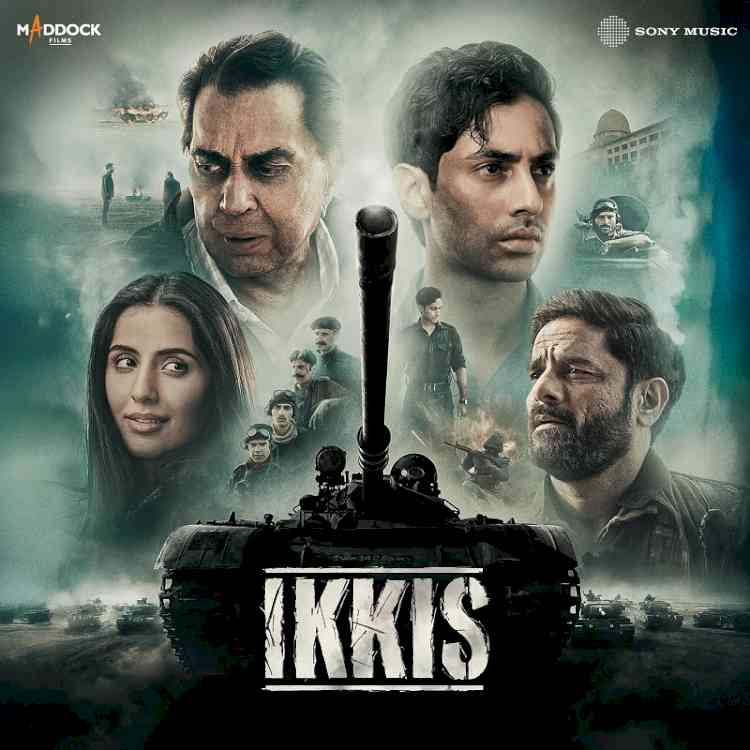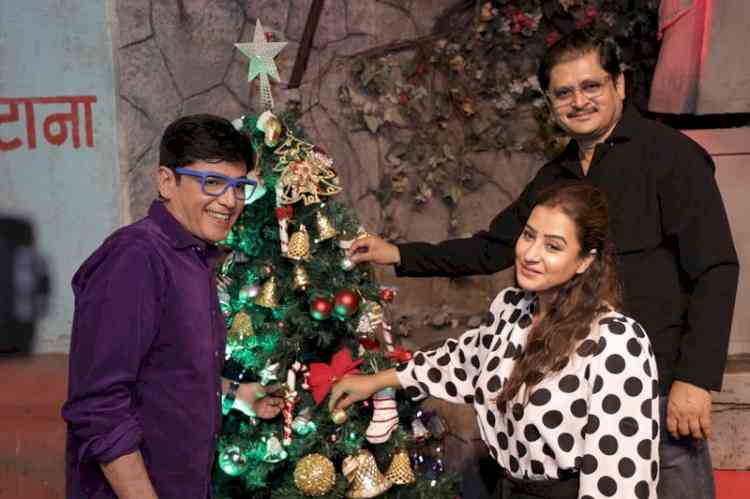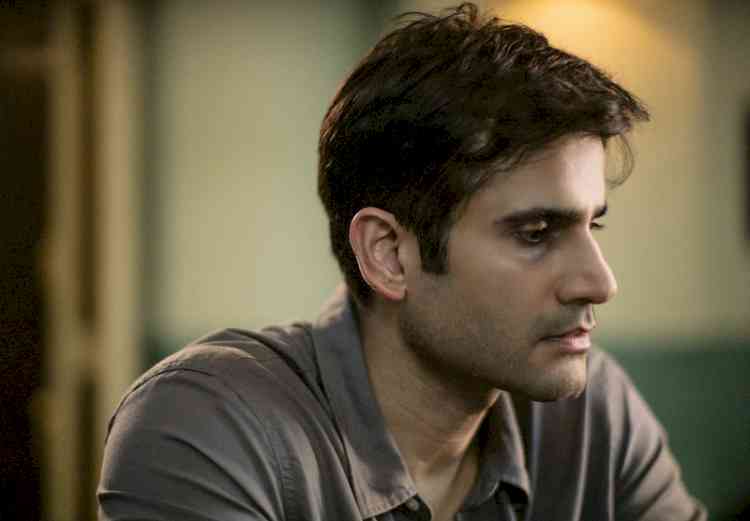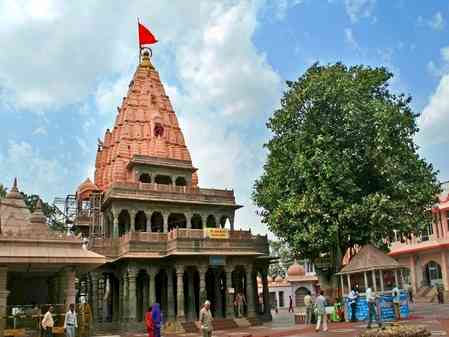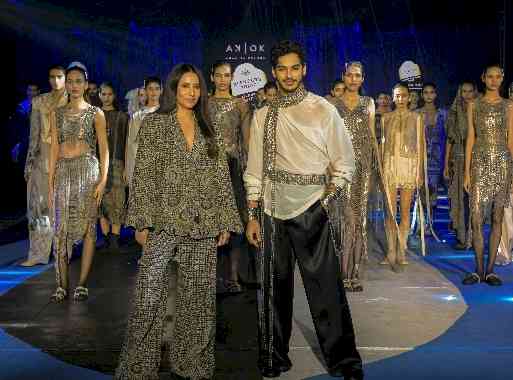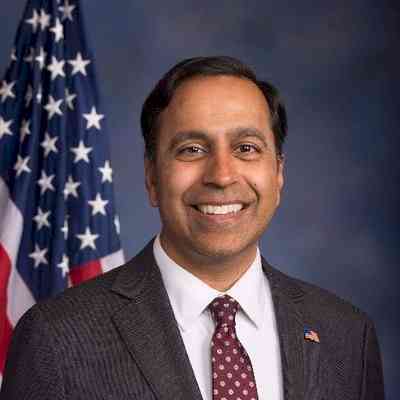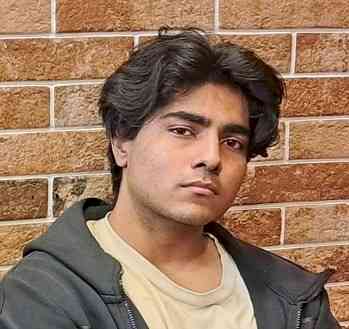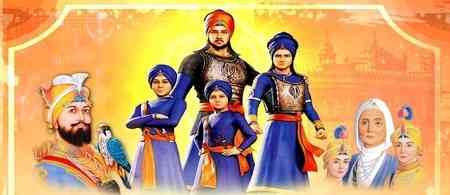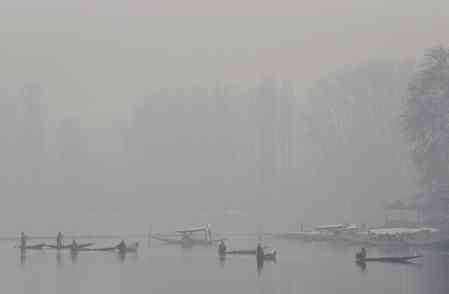Sai Paranjpye Shares Her Journey from Doordarshan to Chashme Buddoor and the Lessons She Learned Along the Way on In The Ring with Filmfare
Witness acclaimed filmmaker Sai Paranjpye candidly share stories from her illustrious career, her unique perspective as a woman in cinema, and the magic behind her timeless films on the latest episode of In The Ring with Filmfare — now streaming on Filmfare’s YouTube channel
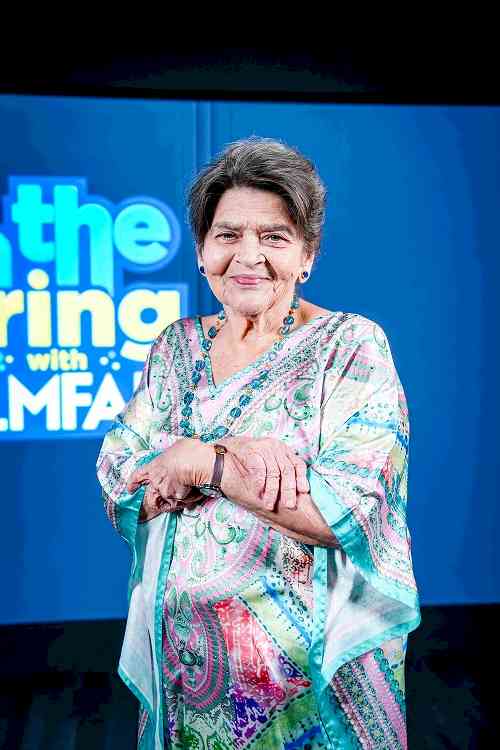
Witness acclaimed filmmaker Sai Paranjpye candidly share stories from her illustrious career, her unique perspective as a woman in cinema, and the magic behind her timeless films on the latest episode of In The Ring with Filmfare — now streaming on Filmfare’s YouTube channel
She wrote her first book at the tender age of eight. Four National Film Awards and a Padma Bhushan later, Sai Paranjpye has been one of the most iconic creative forces in India. A multi-hyphenate in every sense – a celebrated director, playwright, and screenwriter – she has seamlessly moved between theatre, television, and cinema, building an unmatched body of work that spans more than five decades. From helming iconic films like Sparsh, Chashme Buddoor, and Katha, among many others, to writing and staging acclaimed plays such as Jaswandi, Maza Khel Mandu De, and Sakhe Shejari, her storytelling blends warmth, wit, and a deep understanding of human emotion. But that’s not all! Her documentaries, including the one on Captain Lakshmi Sahgal, further showcase her remarkable range and commitment to telling impactful stories.
In a heartfelt and revealing episode of In The Ring With Filmfare, now streaming on Filmfare’s YouTube channel, Sai Paranjpye sits down for a candid conversation with Jitesh Pillai, Editor-in-Chief, Filmfare. She reflects on her creative journey, the challenges she overcame along the way, and the unforgettable experiences that shaped her legendary career.
When asked about one piece of advice she’d give to her younger self, Sai says with a smile, “Oh, I don’t know that my younger self would listen to me... But I would just say — keep it up, Sai. If there are hurdles, just jump over them. You will get there, finally.” Recalling her childhood imagination and early love for storytelling, she adds, “I was always looked upon as a square peg in a round hole. I imagined a fantasy world of magicians, wizards, princesses — with me as the heroine. I started writing at 8. My mother collected my stories and got them published.”
Speaking about gender dynamics in the industry, Sai shares, “I can’t remember an instance where I felt disadvantaged because I was a woman. I was always respected. I knew what I was good at — creative direction, speech nuances, dialogue delivery — and I also knew what I was not good at — tech. I respected my crew, and they respected me. In fact, being a woman opened doors for me.”
Reflecting on her early professional life, Sai fondly notes, “Sparsh happened at a time when I was already working in television – for Doordarshan in Delhi, as a producer. Back then, I was among India’s first six television directors. I was also teaching speech and drama at FTII. Some of my students included Jalal Agha, Rehana Sultan, who did such an exquisite Dastak, Sadhu Meher, who won the National Award for Shyam’s film, Ankur. And another luminary, Rakesh Pandey, who is today, I think, the Amitabh Bachchan of Bhojpuri cinema.”
On narrating the script of Sparsh to Sanjeev Kumar, she recalls a memorable anecdote: “We sat down to discuss the script, and he asked, ‘You ladies don’t mind if I shave?’ I was a bit surprised at first. He had only given us 15 minutes to narrate the script, but he got completely hooked and he asked, ‘You ladies don’t mind if I shave?’. After 15 minutes, he even asked me to continue, but I told him I had to be somewhere else. Sanjeev loved the script and was eager to be part of it. However, Basu Bhattacharya got involved as the producer. And, unfortunately, their past experience was anything but encouraging. The moment Sanjeev Kumar heard that Basu would be producing Sparsh, he opted out.”
Commending Shabana Azmi’s quiet brilliance in Sparsh, Sai elaborates, “There’s a poignant scene where Naseer’s character tells Shabana’s character, ‘We have to break up. We can’t get married.’ She gently asks me, ‘Sai, will she cry?’ I told her, ‘Yes, but just a single tear, a solitary tear.’ Then she asked the most fascinating question — ‘Left eye or right eye?’ I replied, ‘Left eye.’ The tear gracefully rolls down her left cheek in a silent moment of heartbreak. Watching her capture that nuance was simply fantastic.”
Speaking about the casting of Katha, Sai laughingly reveals, “When they heard that Naseer was to be the Tortoise and Farooq was to be the Hare, they couldn’t believe it! ‘This is wrong casting,’ they said. I said, ‘Guys, are you poster boys or are you actors? Don’t you want any challenge? I mean, will you just keep doing the same roles over and over?’ So finally, I bullied them into agreeing to do the roles — and the result? it’s on screen for you to judge.”
Recounting turbulent moments with Nana Patekar on the set of Disha, she says, “I was warned about his temperament. On the second day of shooting, Nana threw a tantrum, and everyone was stunned. And I’d never experienced such a starry tantrum. Once more, the same thing happened much later. The third time it happened, it was a dubbing thing at BR Studios. That’s when I lost my temper and said firmly, ‘Either you do this or walk out.’ He stormed out, but after half an hour, he returned and said, ‘You are safe... because you are a woman. Otherwise, you wouldn’t have been here.’ That was the ultimate moment. Anyway, that was the last bit of dubbing for Nana, and then the film was complete.”


 City Air News
City Air News 
